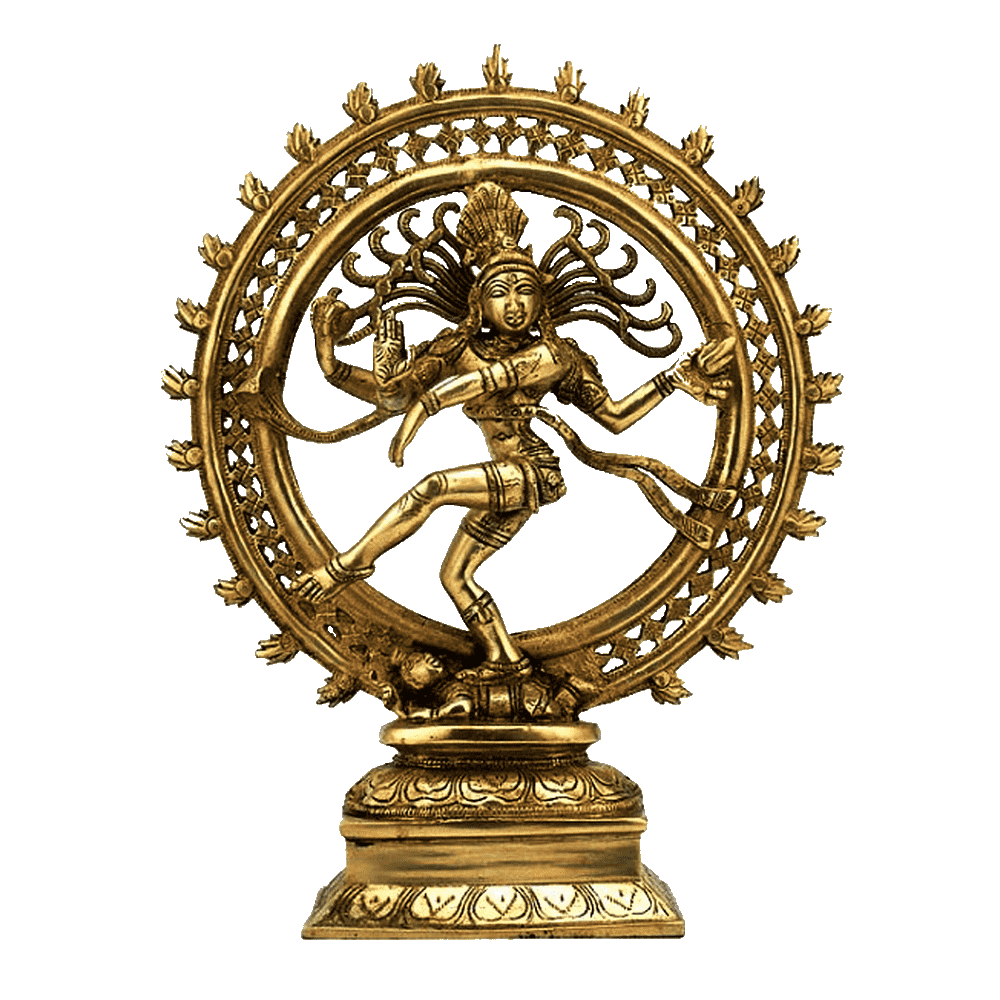
Mantrakamalākara
of Kamalākara Bhaṭṭa
Unraveling the Profound Psychological and Spiritual Dimensions of Mantras
Introduction:
The Mantrakamalākara, authored by the esteemed scholar Kamalākara Bhaṭṭa, is a significant work that delves into the profound psychological and spiritual dimensions of mantras. This ancient text explores the transformative power of mantras, emphasizing their potential to purify the mind, elevate consciousness, and ultimately lead to liberation (mokṣa). Kamalākara Bhaṭṭa’s insights have left an indelible mark in the realm of Mantra-śāstra, offering a deeper understanding of the esoteric significance of sacred sounds. In this article, we shall delve into the valuable teachings of the Mantrakamalākara and how it illuminates the path to inner growth and spiritual realization.
Kamalākara Bhaṭṭa’s Legacy:
Kamalākara Bhaṭṭa, the celebrated author of the Mantrakamalākara, was a revered scholar and adept practitioner in the domain of Mantra-śāstra. His work has played a pivotal role in preserving and propagating the wisdom of mantras, their psychological significance, and their role in spiritual evolution.
Purification of the Mind:
At the heart of the Mantrakamalākara lies the idea that mantras possess the power to purify the mind. By chanting sacred sounds with sincerity and devotion, practitioners can cleanse their consciousness from impurities, negative emotions, and mental distractions. The regular practice of mantras leads to a clearer and calmer mind, fostering inner peace and harmony.
Elevating Consciousness:
The Mantrakamalākara emphasizes that mantras have the potential to elevate consciousness to higher states of awareness. The repetitive chanting of mantras can induce meditative states, where the practitioner transcends the ordinary thought patterns and experiences a deeper connection with the universal consciousness. This heightened awareness opens the doors to profound spiritual insights and self-realization.
Liberation (Mokṣa) through Mantras:
Kamalākara Bhaṭṭa’s work expounds on the transformative power of mantras in liberating the individual from the cycle of birth and death (saṃsāra). By chanting mantras with a pure heart and focused intent, practitioners can dissolve the limitations of the ego, attain self-realization, and merge with the ultimate reality (Brahman). Mantras serve as a potent means to break free from the illusion of separateness and realize the oneness of existence.
Connection with the Divine:
The Mantrakamalākara emphasizes that mantras serve as a bridge between the practitioner and the divine energies they invoke. Each mantra connects the practitioner with a specific deity or cosmic principle, allowing a direct communion with the divine. Through this connection, practitioners can seek divine guidance, blessings, and protection on their spiritual journey.
Application of Mantras in Daily Life:
The teachings of the Mantrakamalākara go beyond formal rituals and ceremonies. Kamalākara Bhaṭṭa encourages practitioners to integrate the chanting of mantras into their daily lives. By infusing every aspect of life with the vibrational energy of mantras, individuals can infuse their existence with spiritual potency, leading to inner transformation and a deeper sense of purpose.
Conclusion:
The Mantrakamalākara of Kamalākara Bhaṭṭa stands as a profound and insightful treatise on the psychological and spiritual dimensions of mantras. By exploring their purifying effects on the mind, their ability to elevate consciousness, and their potential to lead to liberation, Kamalākara Bhaṭṭa provides invaluable guidance for seekers on the path of self-realization. The teachings of the Mantrakamalākara continue to inspire spiritual aspirants, encouraging them to embrace the transformative power of mantras in their pursuit of inner growth, spiritual evolution, and ultimate liberation.
Editor – Kaalchakra Team
[ Note – Before Concluding anything as a Finale, Please Go through Original Scriptures of Vaidik Literature Written in Sanskrit and Also with Meaning of That time of Language. Because English is a Limited language to Explaining the Deeper Knowledge of Vaidik Kaal. ]
